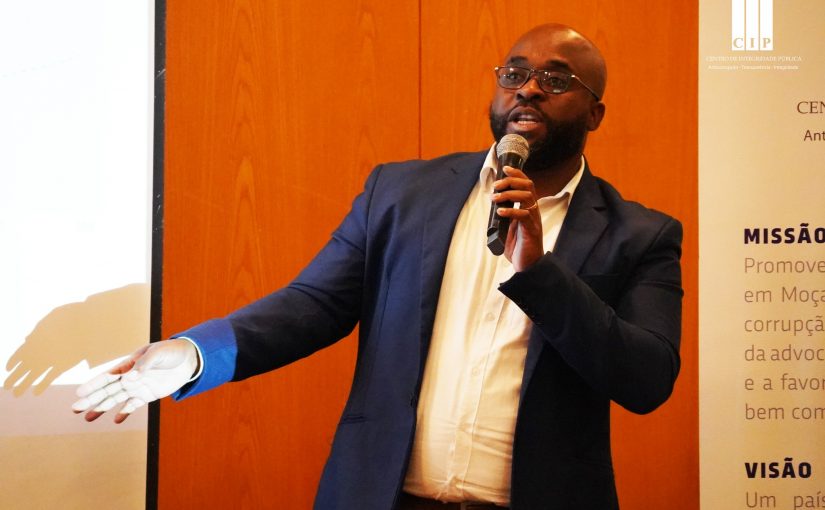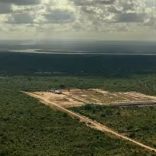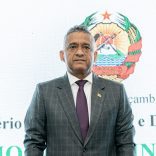Mozambique and Namibia agree to set up economic commission
Mozambique: National security spending rose by $1.69B from 2018 to 2022 – study

Photo: CIP
The Mozambican government increased spending on national security by US$1.69 billion post the terrorist attacks in Cabo Delgado, according to a study presented on Wednesday by the non-governmental organisation, the Centre for Public Integrity (CIP).
“Additional conflict-related national security expenditures and lost revenues from the gas project total approximately 490.2 billion MZN (7.75 billion USD),” reads the CIP report “Uncovering the Costs of the War in Cabo Delgado”, launched in Maputo.
“A disaggregated view reveals particularly high increments in defence (43.6 billion MZN) and in security and public order (60.4 billion MZN) expenditures, since the beginning of the terrorist attacks, in October 2017, in that northern province of Mozambique,” the report reads.
“Intriguingly, allocations to intelligence services have been less directly affected despite escalating violence and terrorist attacks, hinting at the potential influence of other political considerations regarding this expenditure item,” the study indicates.
The document also states that “delays in the Mozambique Liquefied Natural Gas (LNG) project due to the conflict result in an estimated loss of 383.4 billion MZN (6.06 billion USD) in potential government revenues under current market conditions”.
“Additional conflict-related national security expenditures and lost revenues from the gas project total approximately 490.2 billion MZN (7.75 billion USD.” the report states.
Rui Mathe, the CIP researcher who presented the study, told journalists that the increase in funds for the defence sector in the province of Cabo Delgado resulted in a reduction in resources for social areas such as education, health and infrastructure.
“By taking resources – which should go to other social sectors – to face the war, those [social sectors) will be harmed,” said Mathe.
The CIP researcher pointed to data from the National Statistics Institute (INE) that indicate that the illiteracy rate in Cabo Delgado increased to 61%, from 52% before the outbreak of the armed conflict.
Mathe said that the government must combine the effort to restore peace in Cabo Delgado with the revitalisation of the social and economic fabric so that the country can grow.
Mathe acknowledged that the opacity of the Mozambican executive in relation to expenditure on the defence and security sector limits knowledge of the real scale of the costs of the war in Cabo Delgado, with the available information being based on the General State Account and other published documents.
Since 2017, the conflict in northern Mozambique has displaced more than a million people, according to the United Nations High Commissioner for Refugees (UNHCR), and around 4,000 deaths, according to the ACLED conflict registration project.
The Armed Defence Forces of Mozambique have been fighting terrorism In the province of Cabo Delgado since July 2021, with support from Rwanda and the SADC mission.
** The cost of war in #CaboDelgado **
Summary of the findings of CIP: between 2018 and 2022, the government’s costs with the war could have built 800 schools, 100 hospitals and 1000km of roads. Besides all indirect costs…https://t.co/WJDm5eMWxi— Eric Morier-Genoud (@emorier) November 16, 2023













Leave a Reply
Be the First to Comment!
You must be logged in to post a comment.
You must be logged in to post a comment.